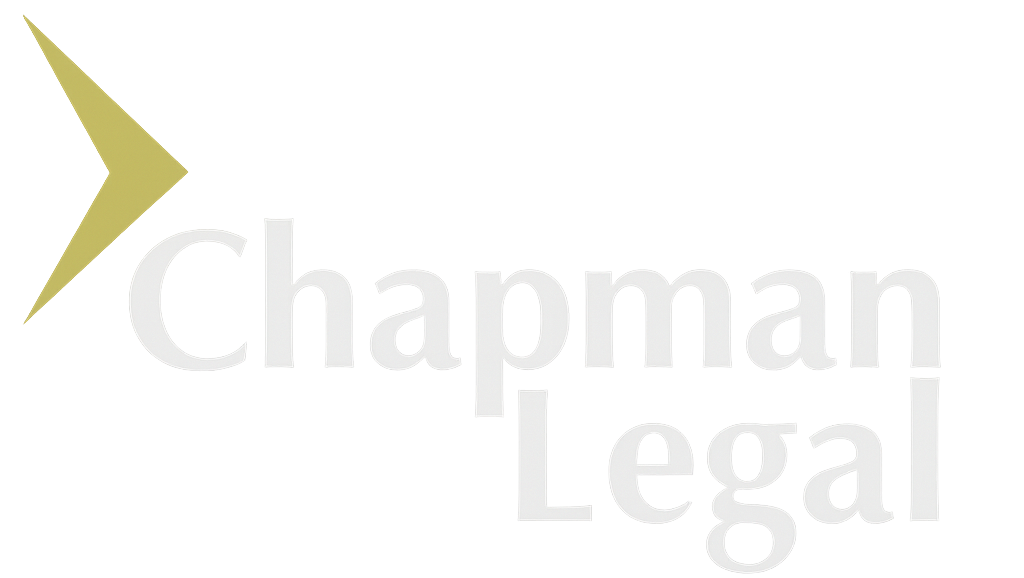California Travel Time and Compensable Work Time
What Employers Need to Know
California employers face some of the strictest wage and hour requirements in the country when it comes to compensating employees for their time. Issues such as travel time, on-call time, and other periods when employees are under the employer’s control can create significant compliance risks—especially when they differ from the federal standards under the Fair Labor Standards Act (FLSA).
Travel Time Rules Under the Federal Standard (FLSA)
Under the federal FLSA, not all travel time is compensable. For example, although the FLSA requires employers to pay employees for time spent traveling in a day's work, or for travel during normal working hours (even if it falls on weekends), it does not require employers to pay employees for out-of-town travel that does not occur during working hours.
California’s Stricter Standard
California law defines “hours worked” as any time an employee is subject to the control of the employer, or is suffered or permitted to work. This broad standard results in important differences from federal law.
Travel Time
California requires employers to pay wages for all hours an employee is engaged in extended travel, without distinguishing between normal working hours and non-working hours. As such, California employees should be paid for:
One-day and overnight assignments; and
Travel to and from an out-of-town event, waiting to purchase tickets, checking baggage, or boarding transportation is all considered compensable
Only time spent on purely personal pursuits—such as sightseeing, sleeping, or taking a meal break—is excluded. In short, if an employer requires travel, that time is compensable in California.
Compensable Work Time: The “Control” Standard
The guiding principle under California law is simple: if the employee is under the employer’s control, the time is compensable. Examples of compensable time include:
Required attendance at mandatory meetings or trainings.
Time spent reporting to the employer’s premises before traveling to a remote worksite.
Waiting time if the employee is required to remain on standby and cannot use the time effectively for personal purposes.
If an employer imposes restrictions on employees’ personal activities, this may also constitute compensable work time. For example, if an employer sets rules for how employees may use company vehicles during commuting, that time may be compensable—even if it would not generally be classified as such under the federal standard.
There are limited exceptions, such as in certain health care and residential care settings, or under special rules for ambulance drivers. However, these exceptions are narrow and highly fact-specific. Employers should not assume they apply without careful review.
Consequences for Non-compliance
Failure to properly compensate employees for travel, on-call, and other controlled time can expose employers to costly litigation, penalties, and class action claims. Moreover, for all working hours, employees are entitled to rights under California’s robust wage and hour protections, including minimum wage, overtime, meal and rest breaks, and reimbursement of expenses.
Next Steps: Protect Your Business with a Compliance Review
California’s wage and hour rules for compensable work time are more protective than the federal standard and carry significant risks for employers who get them wrong. If you have questions about travel time, on-call obligations, or other compensable work time requirements, Chapman Legal can help.
Contact Chapman Legal today to review your policies and ensure your business is fully compliant with California law.

